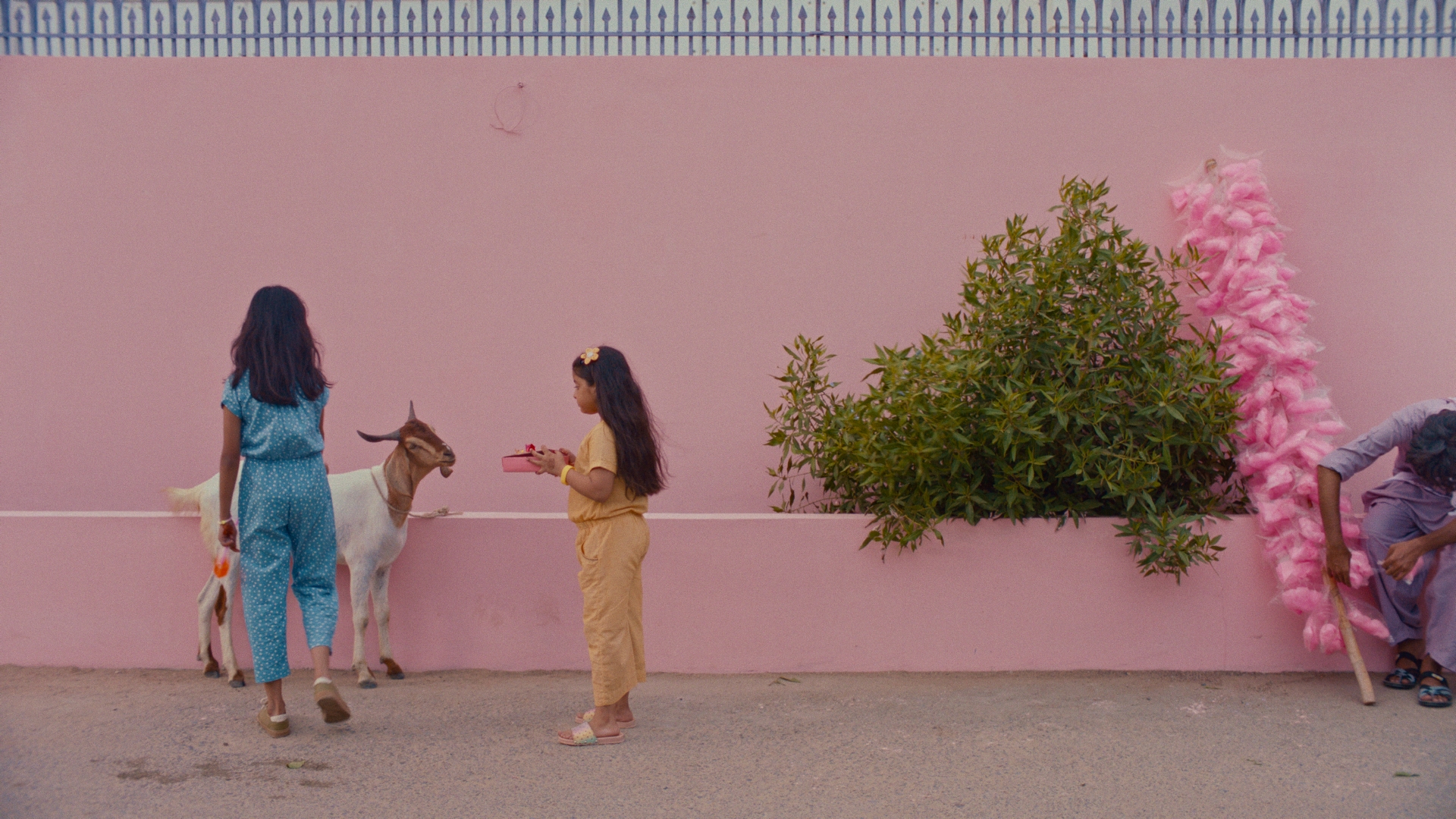The Webby Award-winning PBS Short Film Festival returns this summer – Monday, July 15 through Friday, July 26 – to
all PBS and station digital platforms, including PBS.org, YouTube and the PBS app. The 2024festival, themed “Story Time,” celebrates the art of short-form storytelling and will feature two CAAM-nominated Asian American titles, Take Me Home and Eid Mubarak.
“This year’s PBS Short Film Festival offers authentic illuminating stories from communities that are rarely given the spotlight,” said Taryn Jackson, Director, Editorial and Brand Engagement at PBS. “The films include a musical, and an animated short, as well as documentaries and short stories that capture the rich diversity and shared experiences of all Americans.”
The PBS Short Film Festival continues to elevate the reach and visibility of independent films and filmmakers nationwide. For 12 years, the festival has showcased films about love, acceptance, family, strength, equality, friendship, loyalty, and much more. Starting Monday, July 15, audiences can watch and share all films. In addition, a panel of seven jury members will select their favorite film of the festival for the Juried Prize.
CAAM Selections in the PBS Short Film Festival
Take Me Home, written and directed by Liz Sargent, and Eid Mubarak, written and directed by Manoor Euceph,CAAMFest 2023,
Take Me Home
Anna is an adult with a Cognitive Disability living with her mother in Midland Florida. When her mother is unresponsive, she calls her sister for help, but without the language to be believed, Anna is brushed aside.
Emily returns home and is immediately engulfed in a futile struggle for medical information, while Anna’s world is deconstructed. In this sadness, Anna sees the bigger picture and with a straightforward strength, Anna holds her own. The uncertainty for the sisters’ future independence remains but they are now a team against all odds.
In June, writer and director Liz Sargent screened Take Me Home at the White House, in honor of the anniversary of the U.S. Supreme Court’s landmark Olmstead v. L.C. decision, which affirmed the right of disabled people to receive state-funded supports and services in their own communities rather than in institutions. This short will be adapted into a feature-length film.
Eid Mubarak

Iman, a privileged Pakistani girl, goes with her family to buy a goat, as is the tradition in Pakistan before the Muslim holiday of Eid al-Azha. She picks the cutest one, and takes it home. She spends all of her time with the goat, whom she names Barfi, after her favorite Pakistani dessert. Soon, however, she realizes that Barfi is not a pet, but a goat being raised for slaughter. She makes a plan to save Barfi”s life before he can be sacrificed on Eid. Along the way, through the help of her family and friends, she learns the true meaning of sacrifice, and the reason behind Eid al-Azha.
Euceph’s directorial debut has won 15 awards and was long-listed for an Oscar for Best Live Action Short Film.
About PBS Short Film Festival
Since its inception in 2012, the PBS Short Film Festival, formerly called the PBS Online Film Festival, has showcased independent films of all genres. The festival, now in its thirteenth year, features short films created by PBS member stations, ITVS, POV and a wide variety of public television producers. Each year the films highlight topics like social injustice, religion, addiction, public policy, love and other subjects inspiring to the filmmakers. Throughout the festival, viewers can watch, love and share their favorite films on a variety of platforms. At the close of the festival, a prize is awarded to the film chosen by the hand-picked jury. The 2024 PBS Short Film Festival represents a celebration of independent films and filmmaking, and a love for the art of storytelling.



